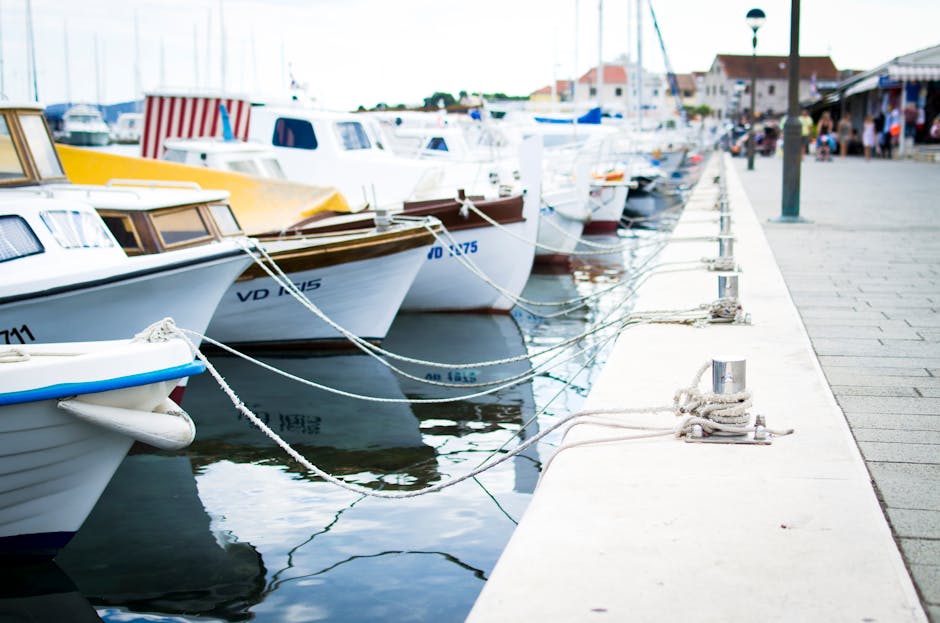 Fabricated Aluminum Work Boats: Advantages in Maritime Operations
Fabricated Aluminum Work Boats: Advantages in Maritime Operations
Fabricated aluminum work boats have emerged as a preferred choice in the maritime industry due to their numerous benefits. These boats, constructed using aluminum as the primary material, offer advantages such as durability, versatility, fuel efficiency, and environmental sustainability. In this article, we will delve into the various advantages of fabricated aluminum work boats and how they are transforming maritime operations across the globe.
Durability and Longevity
Aluminum is renowned for its exceptional durability and corrosion resistance, making it an ideal material for constructing work boats. Fabricated aluminum work boats can withstand harsh marine environments, ensuring a longer lifespan and reducing maintenance costs over time.
Lightweight Construction
Aluminum is significantly lighter than other traditional boat-building materials like steel. This lightweight characteristic enhances the boat’s maneuverability, fuel efficiency, and speed. The reduced weight also allows for increased payload capacity without compromising on performance.
Fuel Efficiency
The lightweight nature of aluminum work boats translates to improved fuel efficiency. These boats require less power to operate, resulting in lower fuel consumption, reduced operational costs, and a smaller carbon footprint. This is especially crucial in today’s environmentally conscious world.
Ease of Customization
Aluminum is highly malleable and can be easily shaped and molded, providing endless possibilities for customization. Fabricated aluminum work boats can be tailored to meet specific requirements, whether it’s for transportation, fishing, research, or any other marine activity.
Low Maintenance
Aluminum work boats demand minimal maintenance compared to boats made of other materials. They do not rust, and their resistance to corrosion means they can endure the effects of saltwater, reducing the need for constant repairs and upkeep.
Versatility in Design
Aluminum allows for versatile boat designs, from simple flat-bottomed boats to more complex and intricate structures. This flexibility in design ensures that aluminum work boats can be adapted to various purposes and marine conditions.
Recyclability and Sustainability
Aluminum is a highly recyclable material, making fabricated aluminum work boats an environmentally sustainable choice. At the end of their lifespan, these boats can be recycled and repurposed, reducing waste and contributing to a more sustainable marine industry.
Resistance to Corrosion
Aluminum possesses natural resistance to corrosion, even in saltwater environments. This property enhances the longevity and structural integrity of fabricated aluminum work boats, ensuring they can withstand the rigors of marine use.
Operational Safety
The lightweight yet robust nature of aluminum work boats enhances operational safety. Their agility and stability on water, along with their resistance to adverse weather conditions, provide a safe environment for crew members and cargo.
Reduced Transportation Costs
Due to its lightweight composition, aluminum work boats are easier and more cost-effective to transport. This characteristic is especially beneficial when relocating the boat or transporting it to different water bodies for diverse operations.
Fabricated aluminum work boats have revolutionized the maritime industry by offering a myriad of advantages. Their durability, fuel efficiency, lightweight construction, and recyclability are reshaping the way we approach marine transportation and activities. As the world increasingly leans towards sustainable and efficient solutions, fabricated aluminum work boats are becoming the go-to choice for a wide range of marine applications.